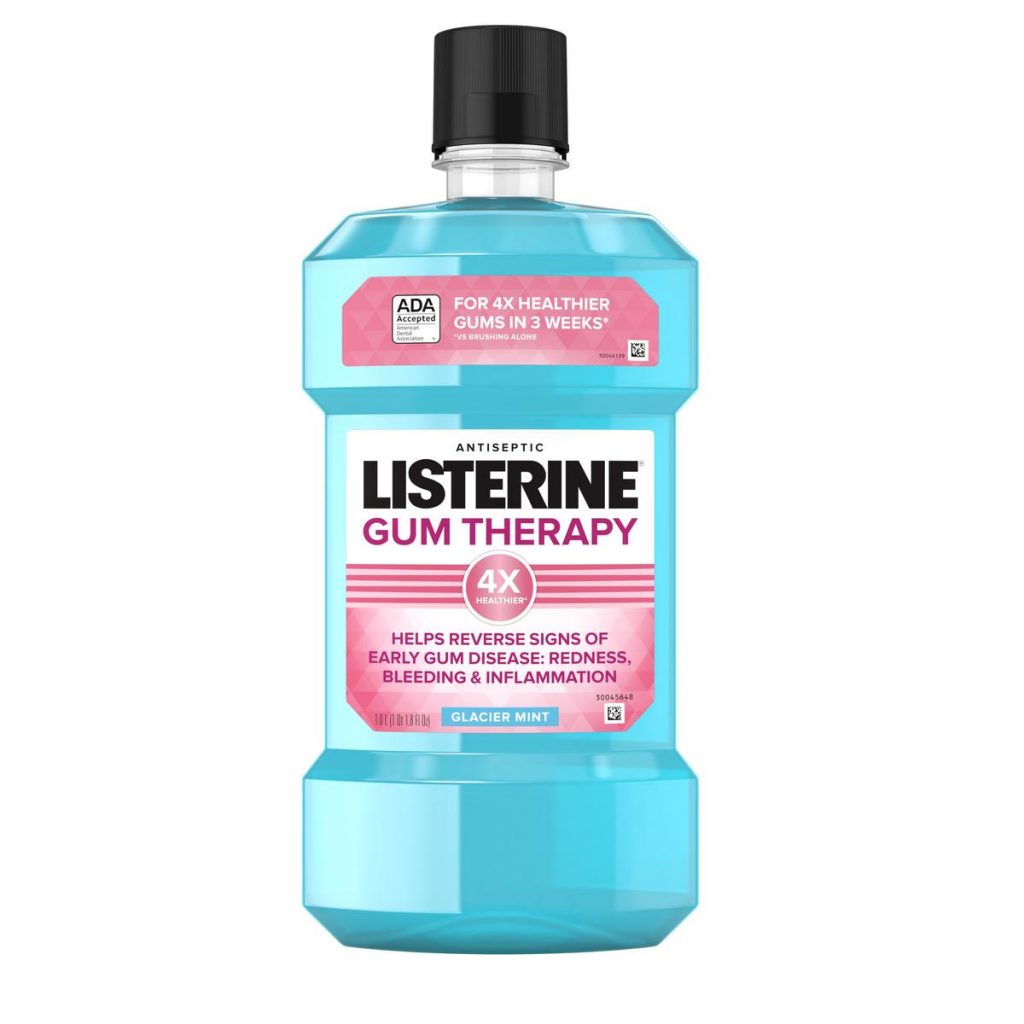There are different choices if you are looking for ways to freshen your breath. However, if you want to do something healthy for your teeth and gums, make it a daily routine to rinse your mouth. Mouthwashes these days are not just perfumes for the mouth but can also reduce tartar, plaque, tooth decay, and gum disease, moreover, whiten teeth.
Do you need to rinse using a mouthwash?
Rinsing can help protect you from gum disease and cavities if you have trouble brushing or flossing correctly. However, mouthwash is not a substitute for brushing and flossing. When added to a good regime of brushing and flossing, mouthwashes can target a condition you are facing.
You cannot get whiter teeth by swishing mouthwash for 2 minutes, although, if you brush well and keep the plaque away with the use of a mouthwash, you do get whiter teeth. If you have consistent bad breath or your gums bleed regularly, a mouth rinse will not cure the problems, you need to see your dentist. The dentist might prescribe a clinical mouthwash that is stronger than an over-the-counter product.
What are the ingredients in a mouthwash?
The ingredients and benefits each mouthwash provides vary with the brand, therefore, read the labels on over-the-counter types carefully. The ingredients usually included in mouthwashes are:
Fluoride:
It helps prevent cavities and reduce tooth decay.
Antimicrobials:
They kill bacteria that cause gingivitis (an early stage of gum disease), plaque and bad breath.
Astringent salt:
Astringent salt is a type of deodorizer which covers up bad breath temporarily.
Odor neutralizers:
Odor neutralizers counteract the cause of bad breath.
Peroxide:
Peroxide is a whitener that helps against stains on your teeth.
What mouthwash should you use?
It is sometimes difficult to find a product that ticks all the boxes, therefore, select a mouthwash that addresses the largest condition that needs to be treated. Look for products with a seal of the American Dental Association (ADA) on the label; the seal is only awarded to brands that show scientific proof that the product works. The ADA seal can also be found on some store and generic brands. Moreover, you need to consider your personal oral health goals when choosing a mouthwash.
Bad breath
Using a cosmetic mouthwash on the go is sufficient if your main concern is bad breath.
Dry mouth
Using a mouthwash designed to provide oral comfort for many hours if you have a condition or are taking a medication that causes dry mouth as a side effect maybe your best option.
Plaque and gum disease
Choose a mouthwash that contains fluoride and other active ingredients that fight bacteria to prevent plaque and gum disease.
What is the best mouth rinsing technique?
Every product has its own set of instructions, however, here are some tips that can be used when using mouthwash.
- It does not matter if you swish with mouthwash before or after you brush and floss.
- Mouthwash should be swished in the mouth for 30 to 60 minutes. If it is being used for less than half a minute, it will not be as effective, and more than a minute would be overdoing it.
- When using a mouthwash, you need to be patient. It might take a few weeks to deliver if your mouthwash promises to help against bleeding gums or whiten teeth.
Speak with a Dentist in Lahore or a Dentist in Islamabad about what mouthwash will be most effective for you.

